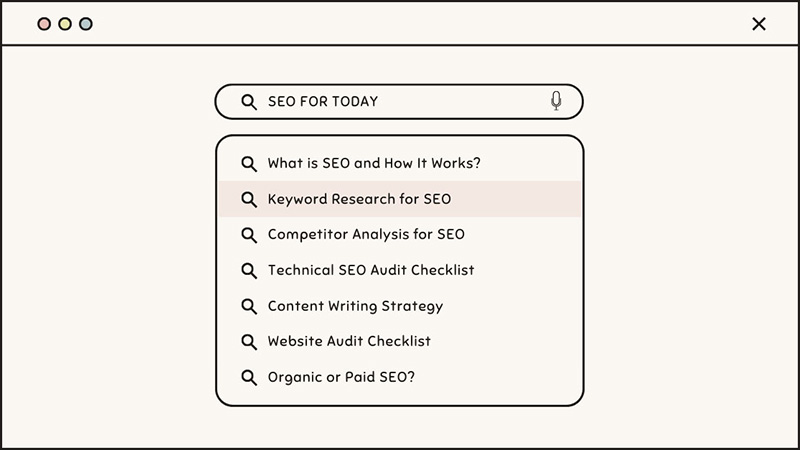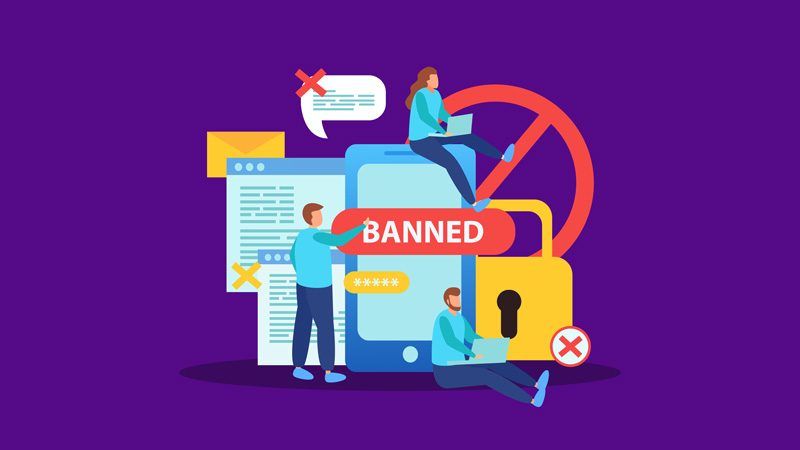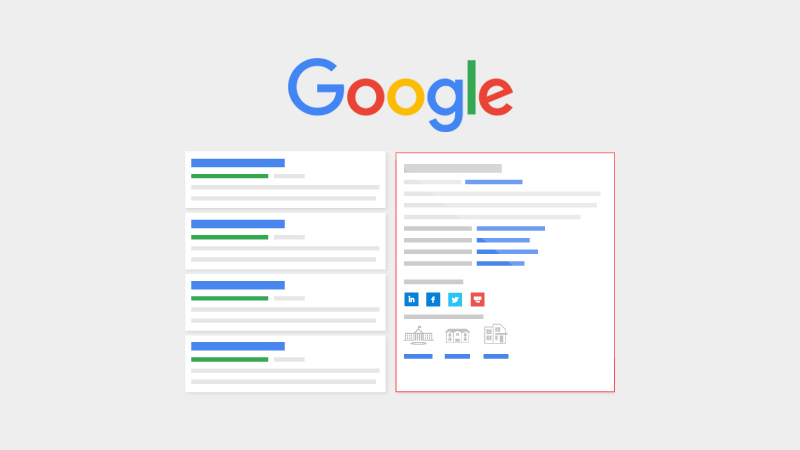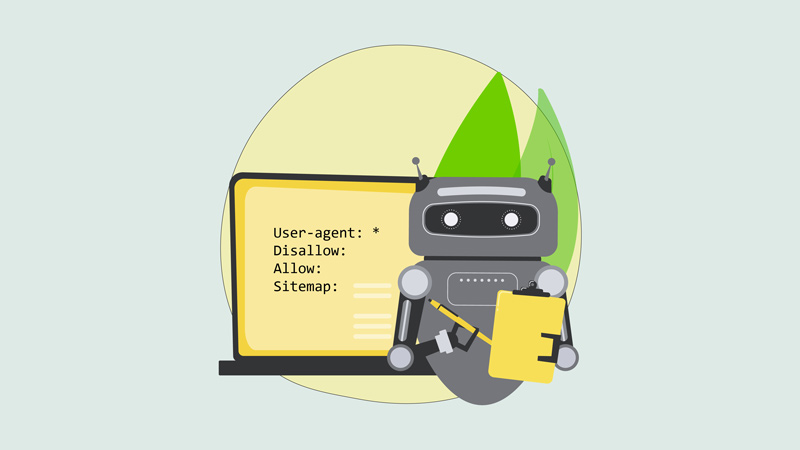SEO
Stay ahead of the competition in the dynamic digital landscape with effective SEO techniques. Here, you’ll find a wealth of blogs dedicated to all aspects of search engine optimization. Our articles cover fundamental topics such as keyword research, on-page and off-page SEO, technical SEO, and content marketing strategies. Discover best practices for improving your website’s visibility, increasing organic traffic, and achieving higher search engine rankings. Stay up to date with the latest SEO trends, algorithm updates, and best practices to ensure your website remains competitive and optimized for success. Start exploring and optimizing your strategy today!









